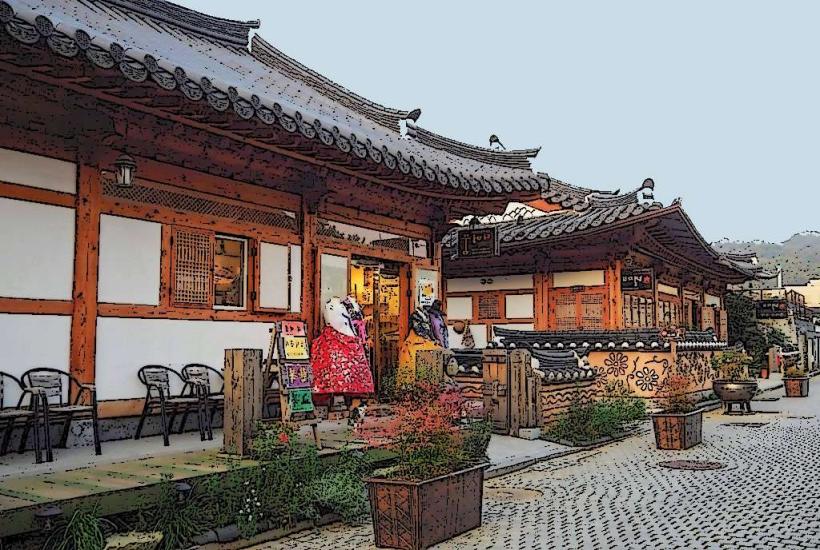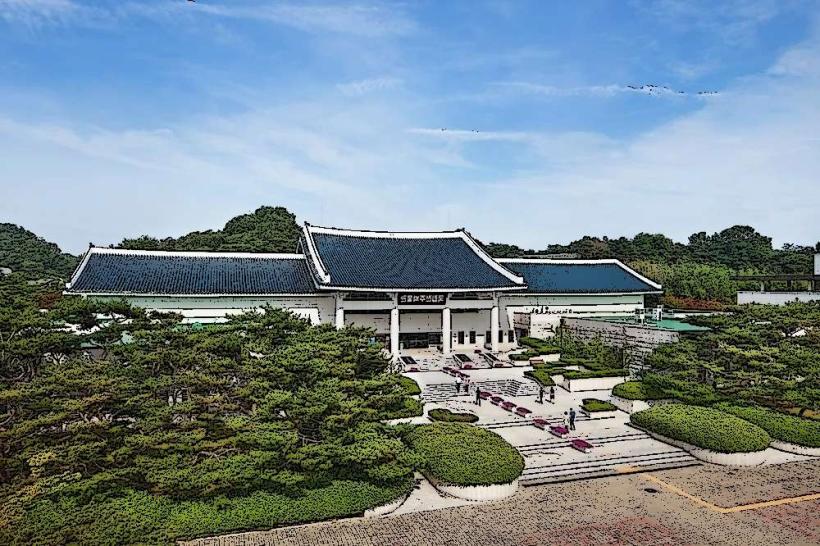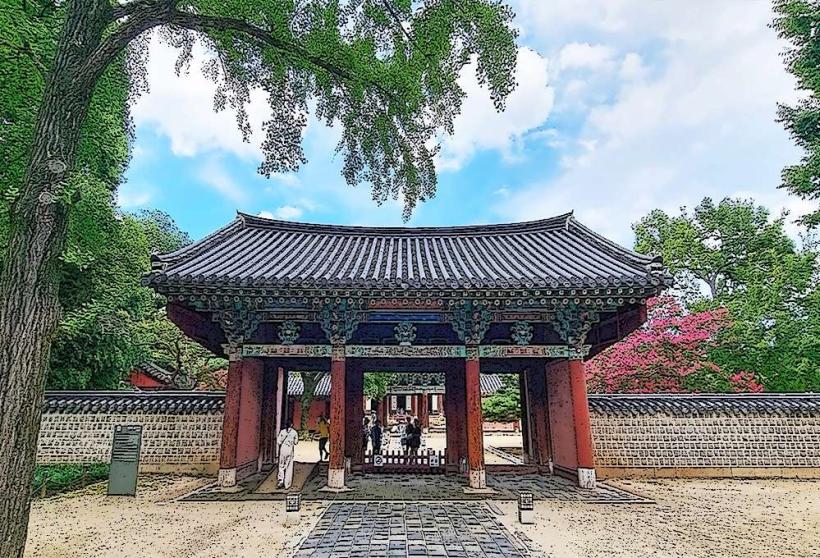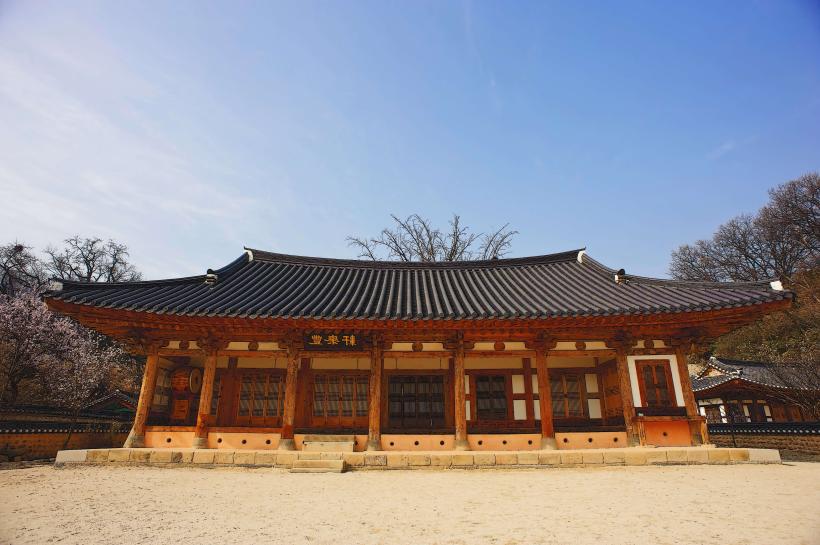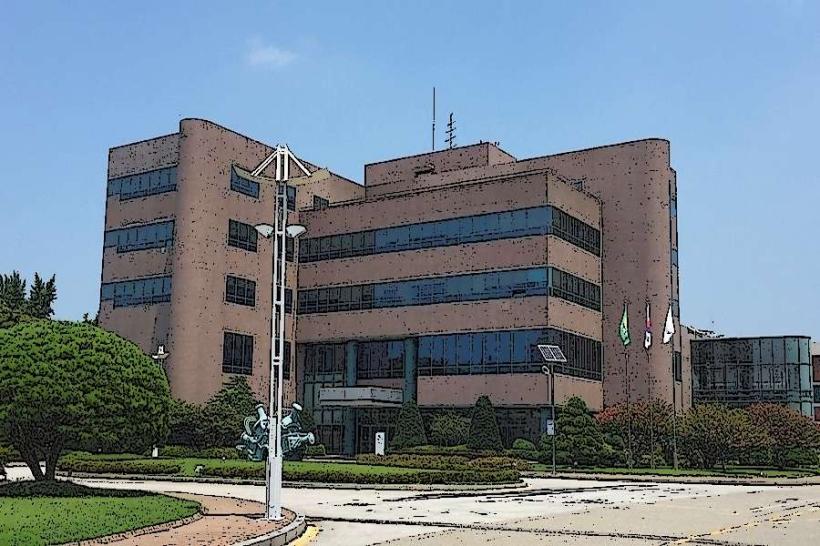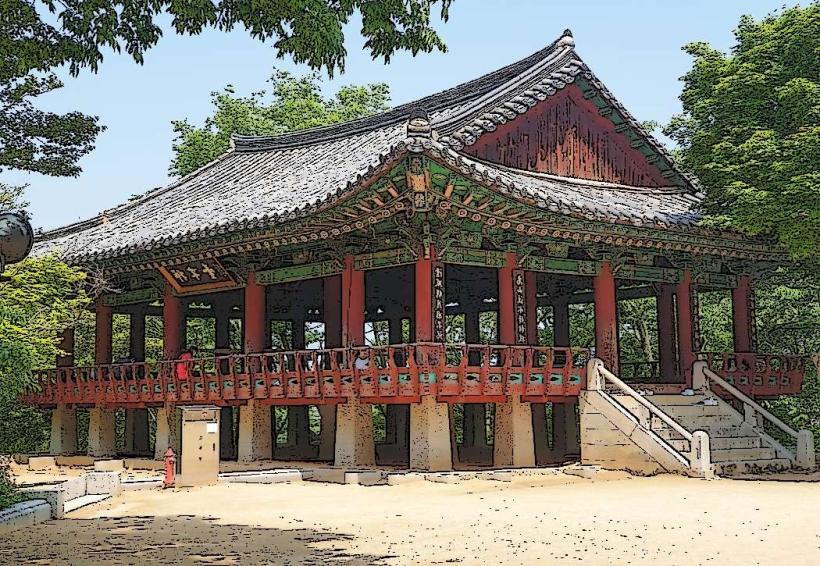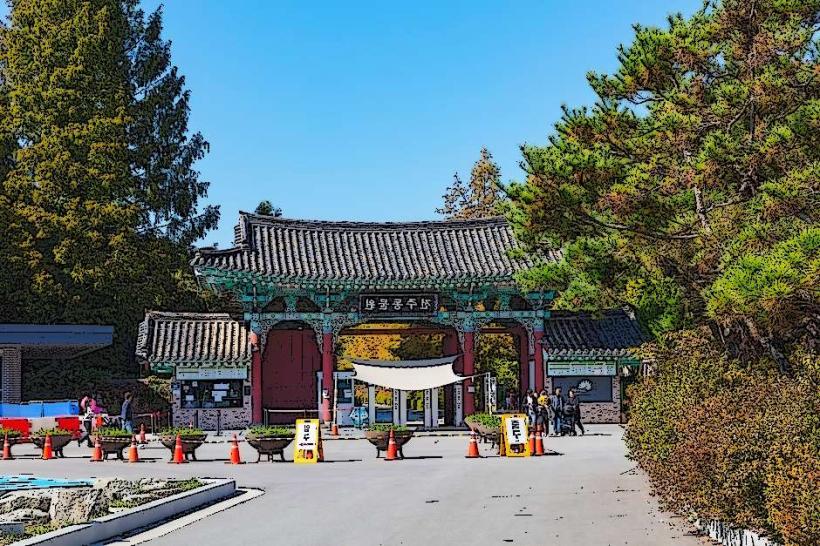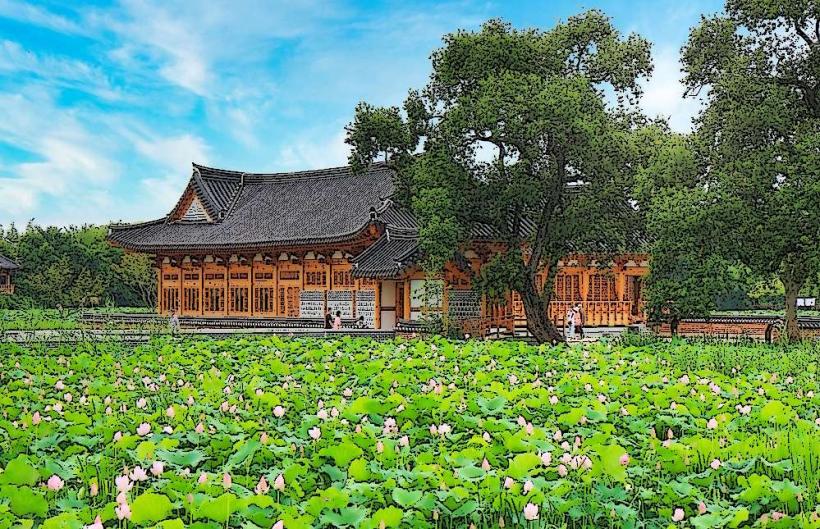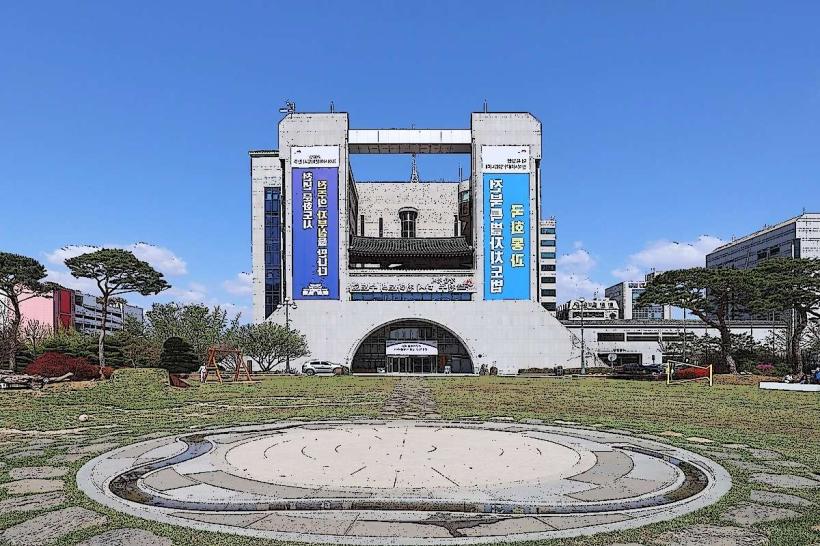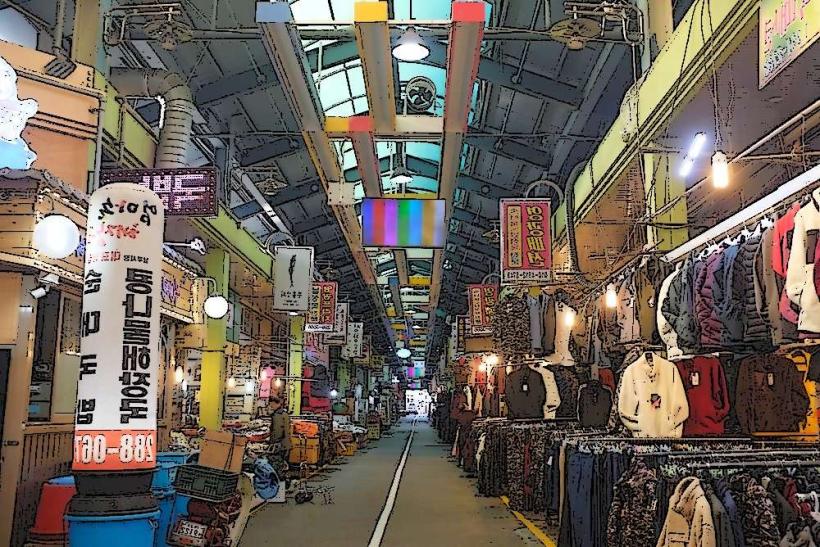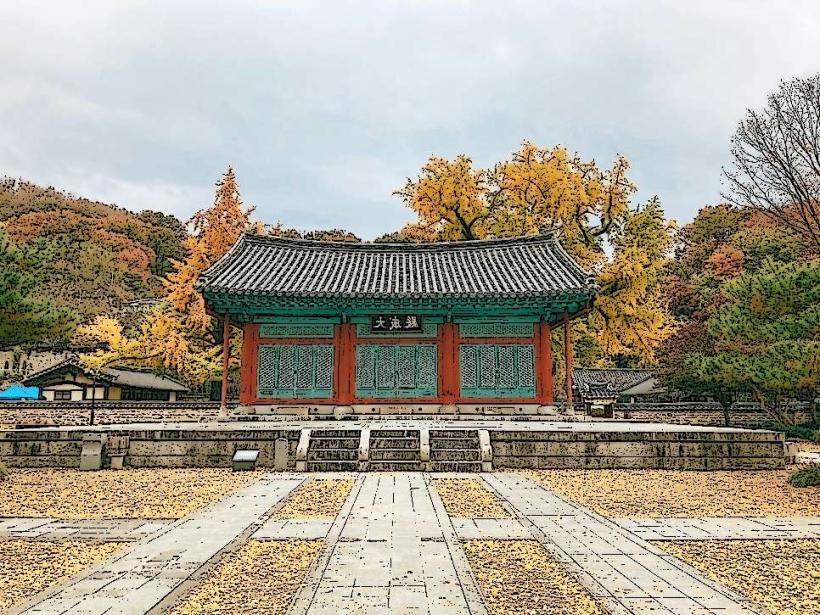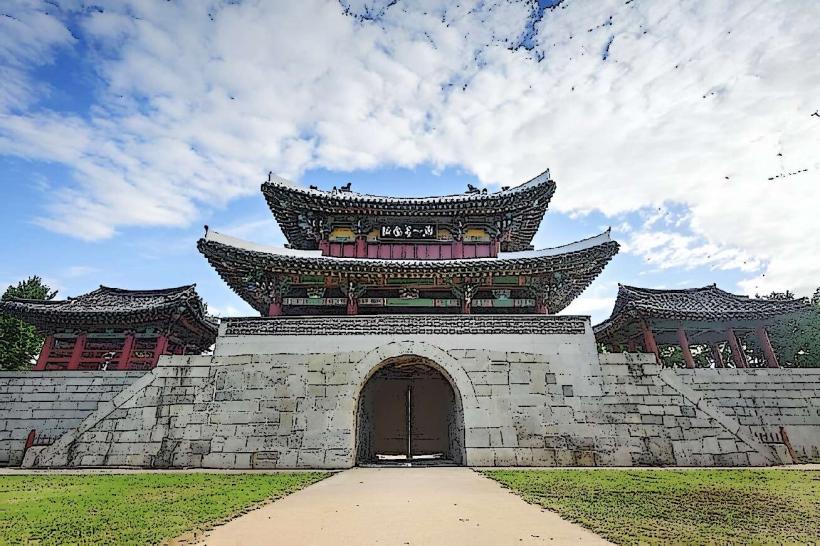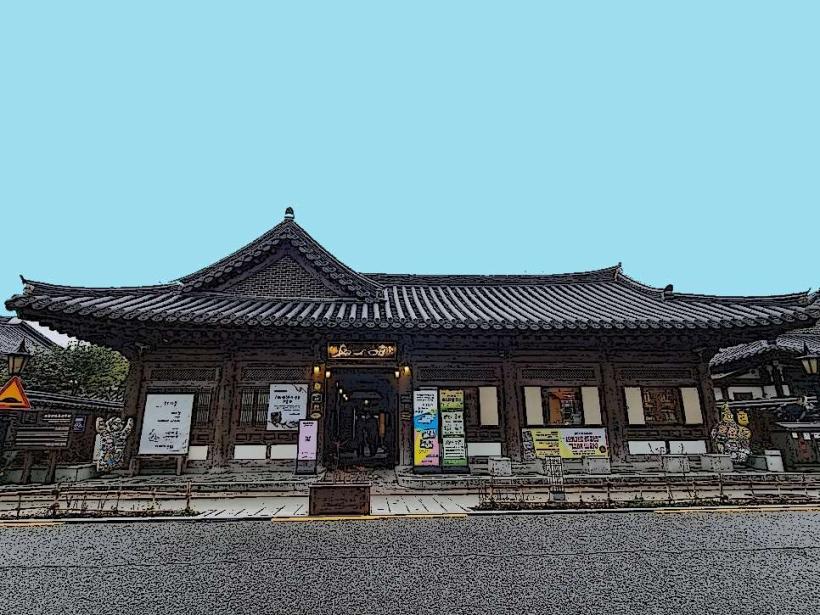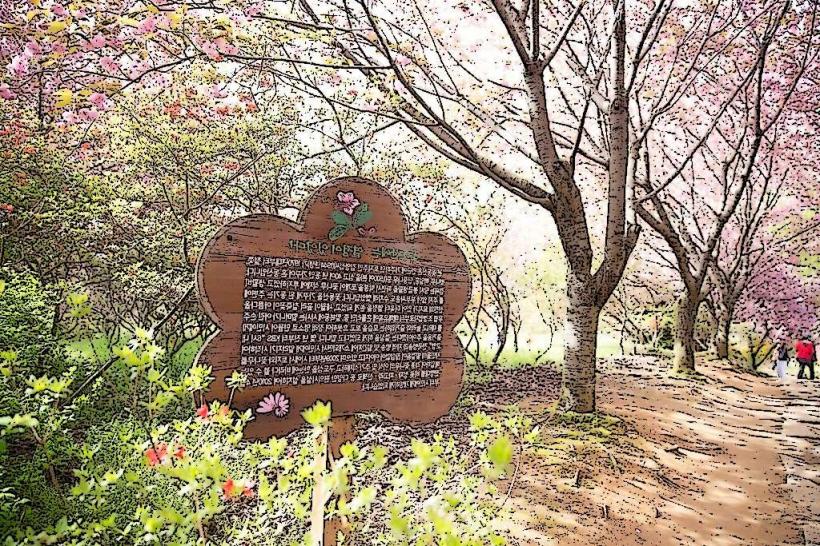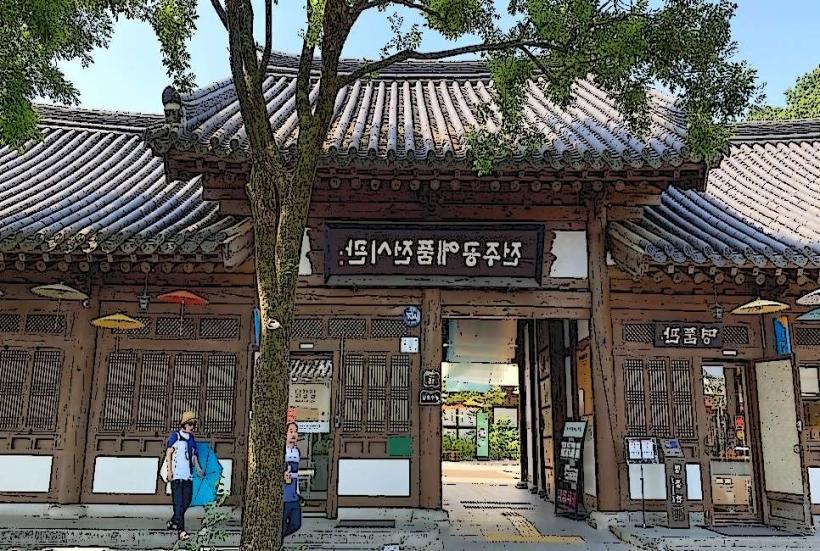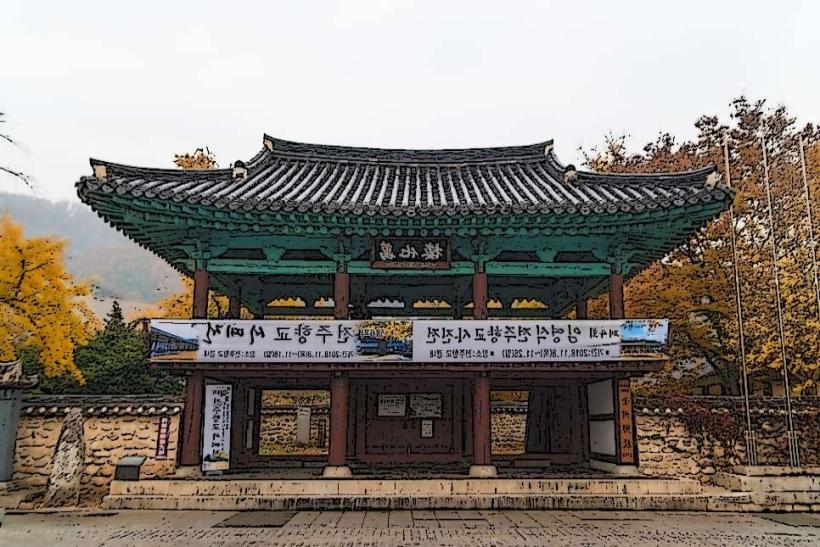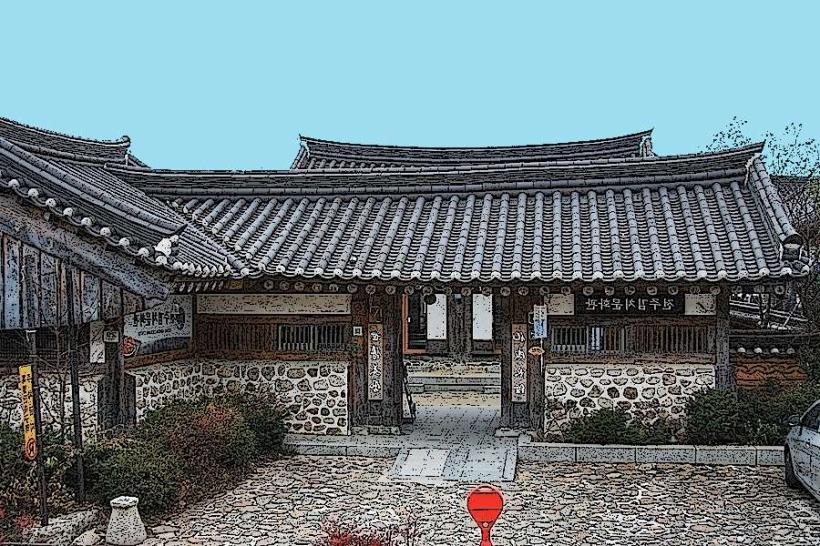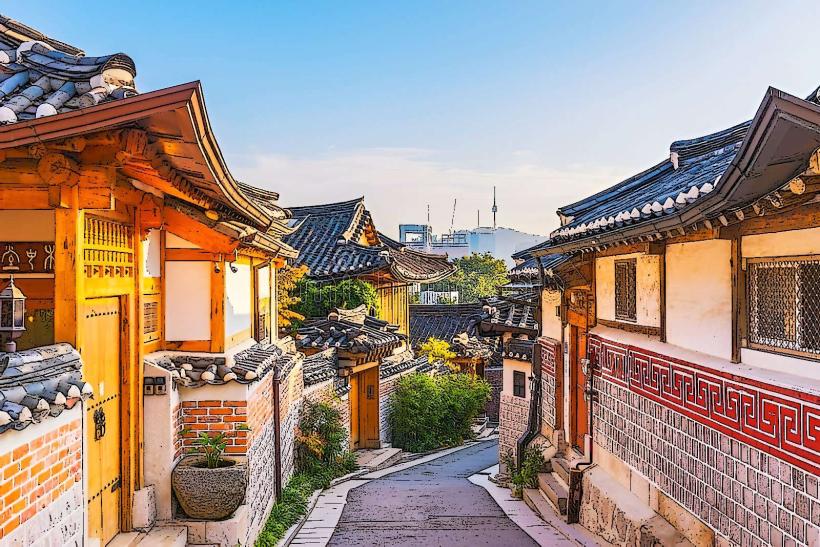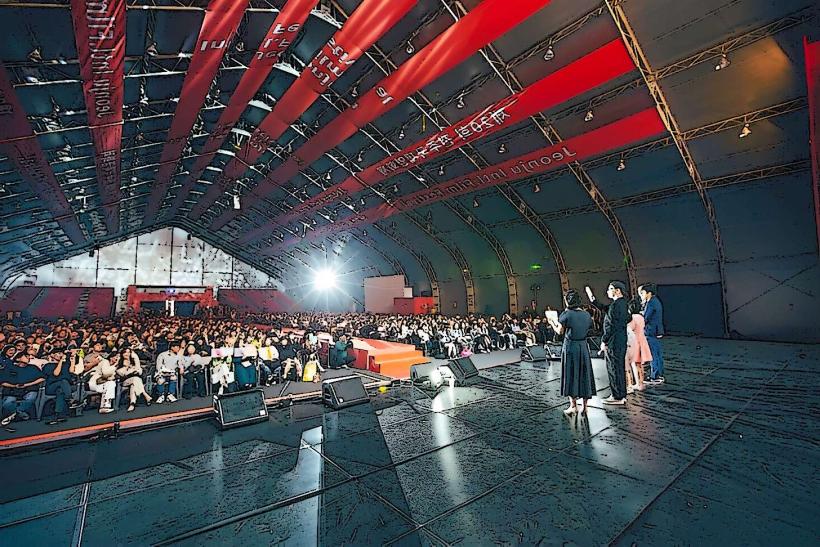Information
Landmark: Jeonju World Cup StadiumCity: Jeonju
Country: South Korea
Continent: Asia
Jeonju World Cup Stadium, Jeonju, South Korea, Asia
Jeonju World Cup Stadium is a multi-purpose stadium located in the city of Jeonju, South Korea.
It primarily serves as the home ground for the K League 1 football club Jeonbuk Hyundai Motors.
Visual Characteristics
The stadium features a distinctive roof structure designed to resemble a traditional Korean fan. The exterior is clad in a combination of white and blue panels. It has a seating capacity of 42,477 spectators. The playing field is natural grass.
Location & Access Logistics
The stadium is situated approximately 7 kilometers southwest of Jeonju city center. Access is via National Route 17. Parking is available on-site, with capacity for approximately 1,500 vehicles. Public transport options include city bus lines 5-1, 7-1, and 10-1, which stop directly at the stadium.
Historical & Ecological Origin
Construction of Jeonju World Cup Stadium began in 1999 and was completed in 2001. It was built as one of the venues for the 2002 FIFA World Cup. The stadium's design was overseen by the architectural firm Gansam Partners.
Key Highlights & Activities
The primary activity is attending football matches hosted by Jeonbuk Hyundai Motors. The stadium also hosts concerts and other large-scale events. Guided tours of the facility are sometimes available, though not on a fixed schedule.
Infrastructure & Amenities
Restrooms are located throughout the seating areas. Limited shaded areas are available under the roof overhang. Cell phone signal (4G/5G) is generally strong within the stadium. Food and beverage vendors operate during events, primarily selling Korean snacks and drinks.
Best Time to Visit
For football matches, the best time to visit is during the K League 1 season, typically from March to November. Evening matches offer cooler temperatures. The stadium is accessible year-round for external viewing.
Facts & Legends
The stadium's roof design is intended to symbolize the spirit of Korean culture and the dynamism of football. A local anecdote suggests that the stadium's acoustics are particularly effective at amplifying crowd noise, contributing to the home team's advantage.
Nearby Landmarks
- Jeonju National Museum (2.5km Northeast)
- Deokjin Park (3.0km North)
- Jeonju Hanok Village (6.0km Northeast)
- Jeonju Sports Complex (6.5km Northeast)

